General Motors is pouring money into developing new autonomous vehicle (AV) technology, largely through its AV tech subsidiary, Cruise. However, before self-driving cars hit the mainstream, automakers will first need to win the public’s trust. Now, a new study reveals that consumer confidence in AV tech has improved slightly, although there’s still a long road ahead before autonomous vehicles gain widespread acceptance.
According to the recent 2024 J.D. Power Mobility Confidence Index (MCI) Study, consumer confidence in fully autonomous vehicles increased slightly this year after two years of decline. The index edged up by two points, reaching 39 points on a 100-point scale, matching levels recorded in 2022. While it looks as though confidence is finally headed in the right direction, overall confidence remains low. Safety concerns are the primary hurtles, with 83 percent of study respondents expressing a need for more safety data before riding in an AV, and 86 percent expressing a need to assume manual control if necessary.
J.D. Power senior manager of auto benchmarking and mobility development, Lisa Boor, emphasized the importance of consistent safety reporting to boost public trust. Additionally, other concerns, such as insurance costs and data privacy, are becoming more prevalent, with 64 percent of respondents worried about data security and 80 percent concerned about potential autonomous vehicle hacking. What’s more, 40 percent of consumers indicated they might select a vehicle brand based on its data security practices.
Beyond cars, the study also gauged public sentiment toward other automated technologies, like drones and air taxis. Only 34 percent of consumers expressed trust in autonomous drones for package deliveries, and a mere 16 percent are comfortable with self-driving air taxis.
Parents of teen drivers show a preference for Active Driver Assistance Systems (ADAS), with 39 percent citing safety benefits, but they are hesitant to let their teens ride in autonomous taxis or rideshare vehicles. Meanwhile, 71 percent of consumers believe that robotaxis shouldn’t come with per-ride insurance costs, and more than half feel that the vehicle’s owner should carry liability insurance.
The J.D. Power study is based on survey responses from 3,000 U.S. vehicle owners aged 18 and older, and was fielded in August of 2024.
Indeed, Cruise was forced to double down on its safety efforts following an injury accident last year. Following the accident, GM President Mark Reuss stated that it might take years to regain public trust in AV technology.


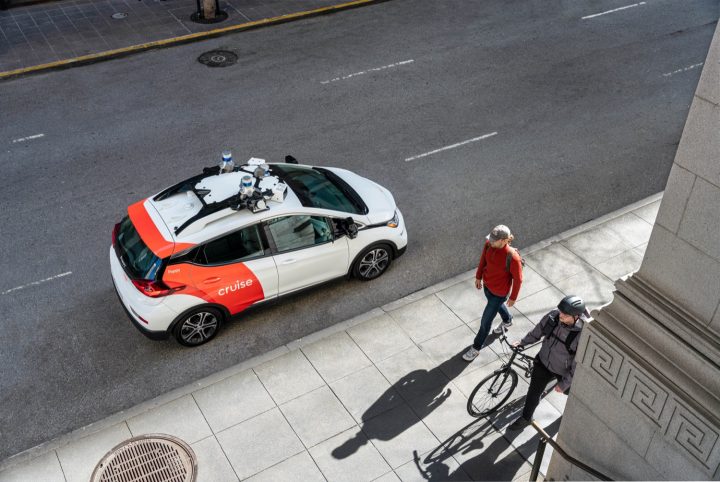

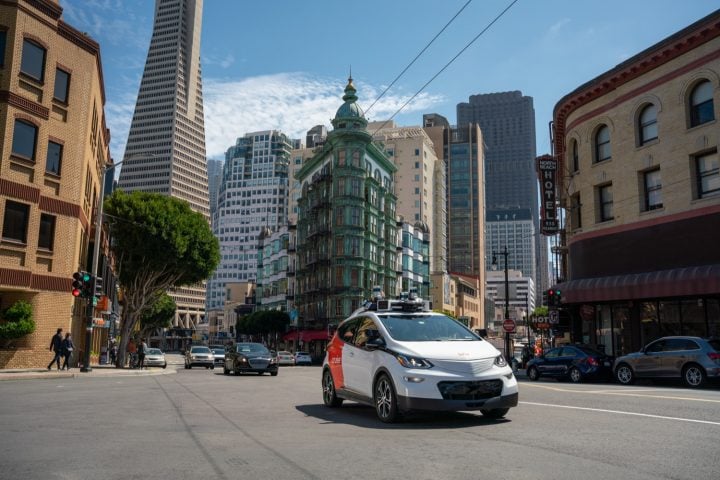


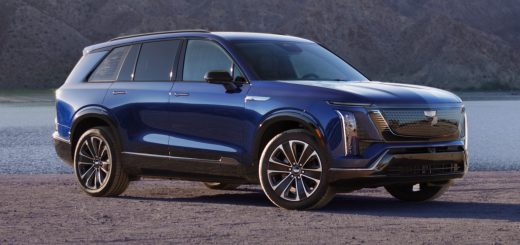
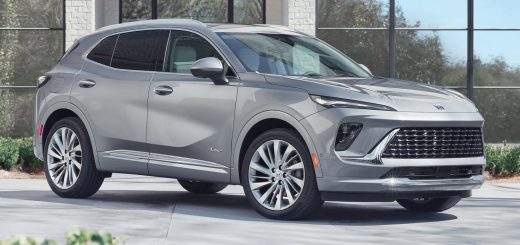
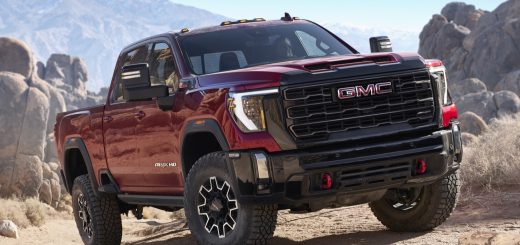

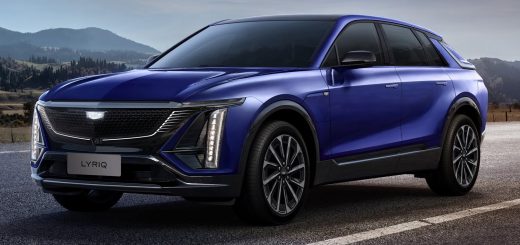




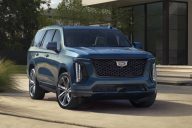

No Comments yet